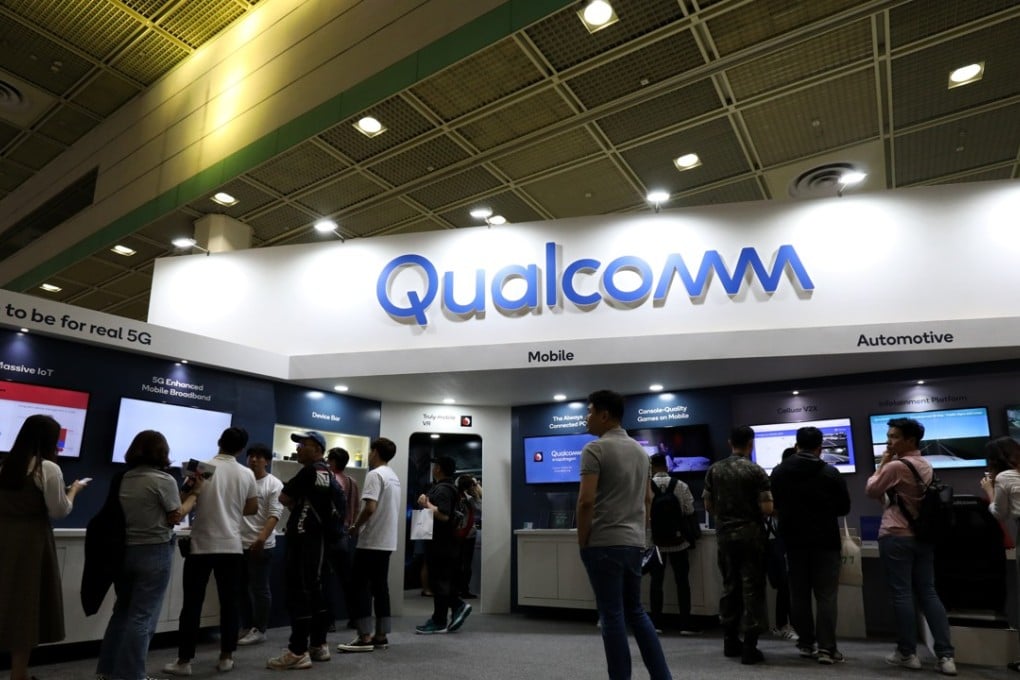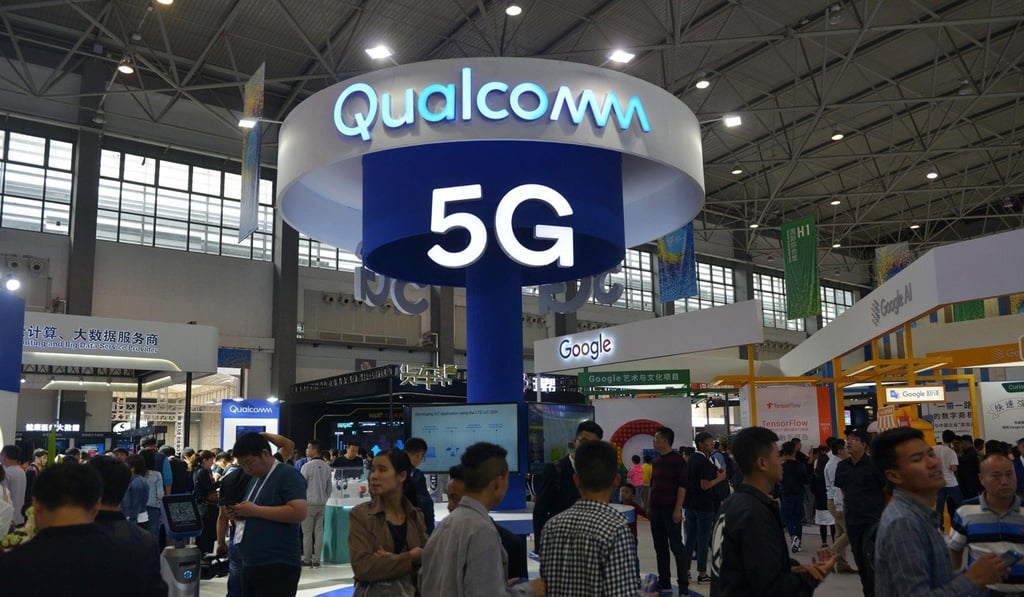Exclusive | Chinese regulators approve Qualcomm purchase of NXP for US$44 billion, sources say
The ruling clears an antitrust roadblock caused by trade tensions between the US and Beijing

Chinese regulators have approved US semiconductor company Qualcomm’s proposed US$44 billion acquisition of Dutch chip maker NXP Semiconductors, according to two people with knowledge of the matter.
The decision by China’s Ministry of Commerce, or Mofcom, clears a months-long antitrust roadblock caused by trade tensions between the US and Beijing and will allow the takeover to proceed.
Antitrust regulators from nine nations had been required to sign off on the merger because of its potential impact on their economies, and after eight others – including the US and Japan – had approved the deal, it awaited China’s decision.

China in April postponed the government’s decision on Qualcomm’s NXP acquisition until July 25, citing the need for reviewing the deal on antitrust grounds. A month earlier during China’s annual legislative meetings, the government had made a sweeping reorganisation of three agencies responsible for enforcing different aspects of antitrust laws into a single authority known as the State Administration for Market Regulation (SAMR).
While the antitrust issue has been resolved, the sources say timing is not clear on when Mofcom/SAMR will make the announcement, which may depend on other factors including progress in ongoing negotiations with Washington over outstanding trade issues.